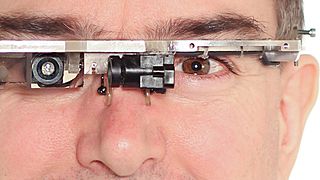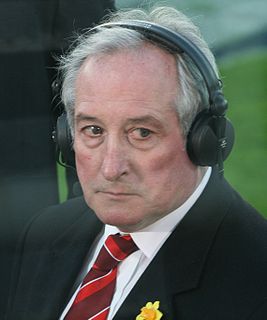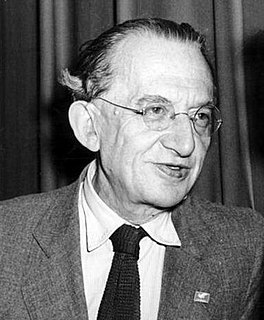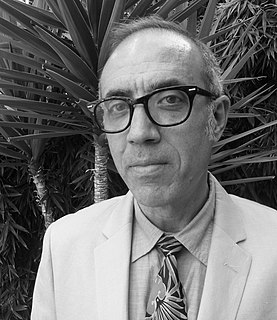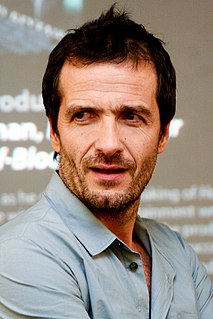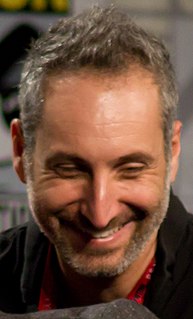A Quote by Steve Mann
Virtual-reality researchers have long struggled to eliminate effects that distort the brain's normal processing of visual information, and when these effects arise in equipment that augments or mediates the real world, they can be that much more disturbing.
Related Quotes
In high school and college, I'd set a bunch of goals for myself. I wanted to be the lead effects supervisor on one of these really big, innovative visual effects productions, something on the scale of a 'Star Wars' movie. And I wanted to work on a project that wins the Academy Award for best visual effects.
I don't necessarily think there's a difference in terms of how the film industry and the ad industry view visual effects. If visual effects (or the lack thereof) are used as a tool to strengthen an idea, they're great. If they are meant to carry more of a load in the absence of a concept, they're a waste and a distraction.
In montage's original form as photomontage, it is capable of striking effects and on occasion it can even become a powerful political weapon. Such effects arise from its technique of juxtaposing heterogeneous, unrelated pieces of reality torn from their context. A good photomontage has the same effect as a good joke.
It appears to me that one great cause of our difference in opinion on subjects which we often discuss is that you have always in mind the immediate and temporary effects of particular changes, whereas I put these effects quite aside, and fix my whole attention on the long-term effects that will result from them.
The difficulty in judging what type of behavior works well arises not only because a given course of action does not always produce the outcomes. Similar outcomes can occur for reasons other than the person's actions, which further complicates inferential judgment. Effects that arise independently of one's actions distort the influence of similar effects produced by the actions, but only on some occasions. Given a strong cognitive set to perceive regularities, even chance joint occurrences of events can be easily misjudged as genuine relationships of low contingent probability
The real trick to these movies and making the big action sequences work - and I've forgotten this sometimes and screwed it up - the characters really have to be humanized. Because you can have the greatest special effects in the world, but if you don't care about the people in those effects, there's no impact.
If you're having a very high-adrenaline, high-movement experience in virtual reality, and then all of a sudden you're back in your office, that disconnect is pretty notable. Whereas if you're using it for virtual reality teleconferencing... there's really no kind of impact moving back and forth between the real and the virtual world.
